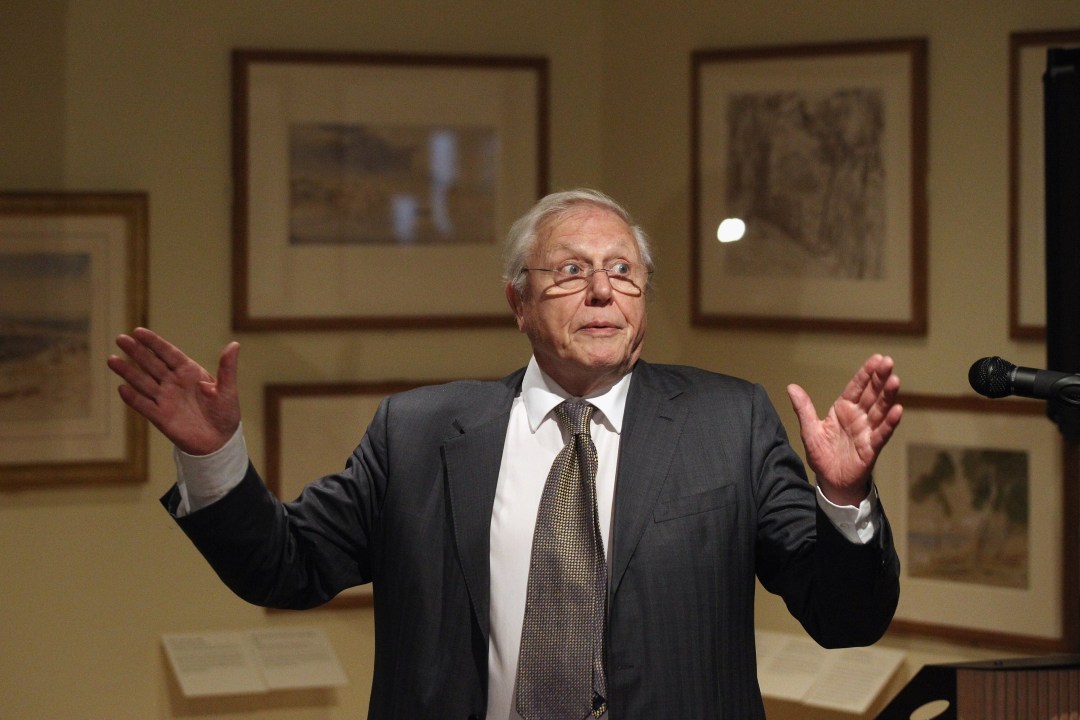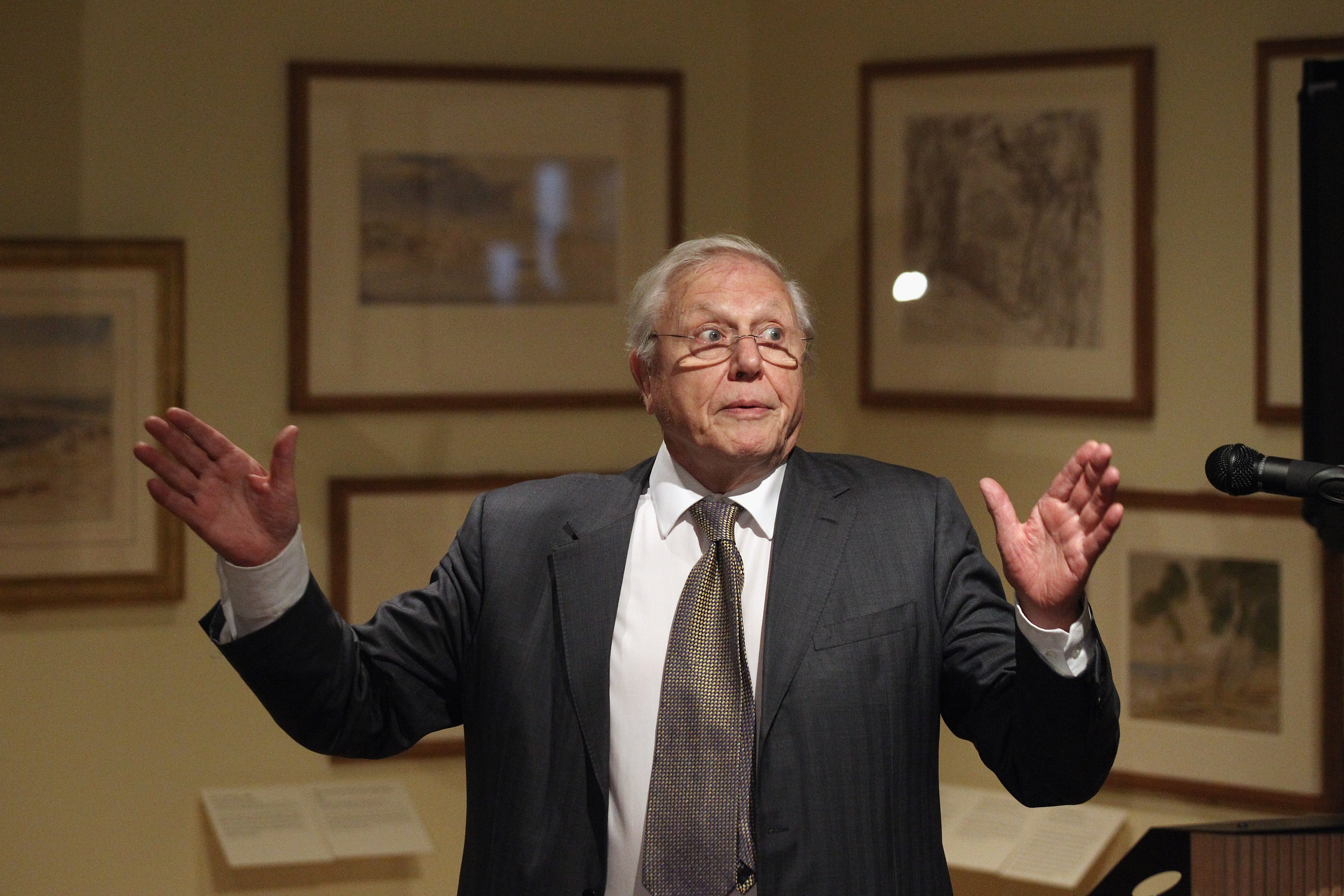Take, for instance, the curious case of Sir David Attenborough. The poor booby is another neo-Malthusian. Which is another reminder that expertise in one area is no guarantee of good sense in another. As I wrote in The Scotsman this week:
Attenborough is a supporter of Population Matters, a creepy outfit who have previously suggested Britain’s optimum population lies around the 20 million mark. Let’s rewind the clock to 1850 then. Like other Malthusians, Population Matters is coy about how it proposes to reduce Britain’s population to this “sustainable” level. Emulating China’s one-child policy may be tempting, but will not reverse the terrifying tide of prosperity and population growth now threatening our planet.
Promoting his latest television series Sir David noted that famines in Africa are really quite simply explained. “What are they about?” he asked. “Too many people for too little [a] piece of land. We are blinding ourselves. We say, get the United Nations to send them bags of flour. That’s barmy.”
But not as barmy as the idea that Ethiopia’s famine was the consequence of too many people in too small a place rather than by war, political instability and corruption. Hunger is most prevalent in those countries – Zimbabwe, Somalia – which are also least well governed. This is neither mysterious nor complicated, so one wonders how or why this has escaped Sir David’s attention.
It is true that Africa remains a place apart. True too that, according to UN World Food Programme figures, nearly nine hundred million people on earth are hungry. That remains dreadful. But it is worth remembering that if the total number of hungry people has remained roughly constant for 30 years, the proportion of hungry people on earth has been falling sharply. There are, for instance, 300 million fewer people at risk of famine in Asia than was the case 30 years ago. And this at a time of great, if temporary, population growth. The battle against hunger is far from won but it is, mouth by mouth, being won.
This is where the Malthusians make their blunder. They assume that demand is infinitely elastic but supply is fixed – and limited – forever. But this is not so. Agricultural yields have improved not least because they have had to. There is little reason to suppose human ingenuity has been exhausted yet either. Genetically modified crops – themselves merely a speeded-up version of traditional crop breeding – will help.
Prosperity vanquishes hunger. Trade, not aid, is the answer to Africa’s plight. Trade and women’s liberation. This is, in fact, that rarest of all phenomena, the virtuous circle. Women’s emancipation prompts greater economic growth which in turn liberates more women. The more women in the workplace – and the more women are educated – the stronger the demand for access to birth control. Before long, the birth rate declines. Invariably. Everywhere.
Whole thing here.








Comments